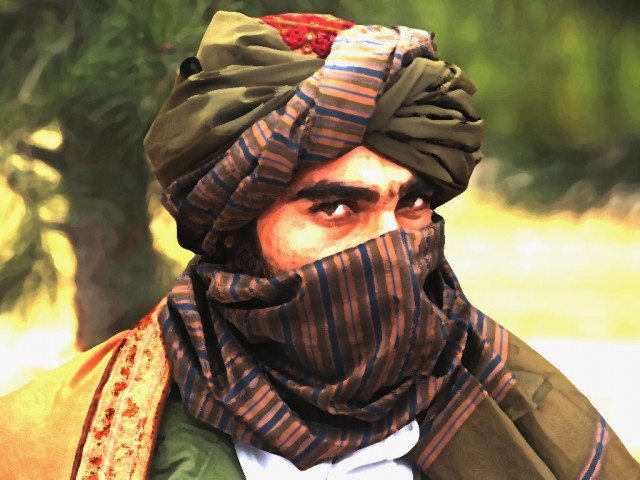Pakistan softening its stance on Afghanistan?
The latest batch of Taliban leaders being released is due to a much-weakened Foreign Office on its own.

The Afghans are focused on the former Taliban number two, Mullah Abdul Ghani Baradar, as he was perceived to be the decisive factor in the possible change of mind within the jihad led by Mullah Umar. Baradar was caught and restrained by Pakistan when he tried to leave his Karachi hideout in 2010 and UN special representative to Afghanistan in charge of negotiating with the Taliban, Elai Eide, had publicly objected to the arrest. For the time being, Baradar will stay with Pakistani authorities. However, the world will welcome the latest Pakistan-Afghanistan progress on the subject of the Afghan Taliban leadership in Karachi. This will give the world the assurance that the latest batch of Taliban leaders is being released with a broad Pakistani consensus and not by a much-weakened Foreign Office on its own.
Pakistan is playing hardball by restraining the Afghan leaders who could “return to their country to help bring the militants to the negotiating table”, as the Afghan foreign minister said. Islamabad and Rawalpindi do not want anyone to start negotiating without Pakistan getting its case heard as a part of the new gloss placed on their foreign policy conduct — at times explained as ‘transactional’. Needless to say, Pakistan’s stance is still dominated by strategic considerations mainly focused on the presence of India in Afghanistan and its much enhanced influence after a recent Indo-Afghan ‘strategic partnership’ agreement. Afghan president Hamid Karzai says he wants a similar agreement with Pakistan but that alone will not pacify the framers of Pakistan’s strategy.
However, there are weaknesses making their appearance inside Pakistan that must persuade it to relent in its tough stance and encourage Ms Khar to occupy more of the centre stage. Pakistan is hounded by terrorism emanating from the Pakistani Taliban who swear allegiance to Mullah Umar but are more inclined to listen to al Qaeda. Pakistan’s ‘toughness’ grows out of a morally weak policy of sheltering two kinds of elements that are supposed to lend strength to its ability to dictate terms in Afghanistan: 1) Afghan militants who don’t kill Pakistanis but attack across the Durand Line to kill Afghans and the US-Nato troops; and 2) ‘friendly’ Pakistani Taliban like Mullah Nazir who don’t kill Pakistanis but attack across the Durand Line.
This strategy towards Afghanistan has undergone a natural osmosis over the years and Pakistan has suffered because of its moral ambiguity. Thankfully, Pakistan is also following another strand of policy spearheaded by trade that can only succeed if the old stance is either abandoned or is defeated: regional trade under the broad umbrella of Saarc pledging free trade with the eight members of the regional organisation, including Afghanistan. Pakistan has softened on the Afghan transit trade with India and given Kabul the permission to send goods to India through the land route running through Pakistan. More boldly, despite much ‘organised’ objection to the America-floated Silk Road, Pakistan has made an effort to link up with Tajikistan, using Afghanistan as a transit state. Pakistan has been compelled by its internal trouble to also hold a Pak-Afghan clerical conference to outlaw terrorism as an instrument of so-called jihad unleashed by the Tehreek-e-Taliban Pakistan in the two counties.
Published in The Express Tribune, December 2nd, 2012.















COMMENTS
Comments are moderated and generally will be posted if they are on-topic and not abusive.
For more information, please see our Comments FAQ